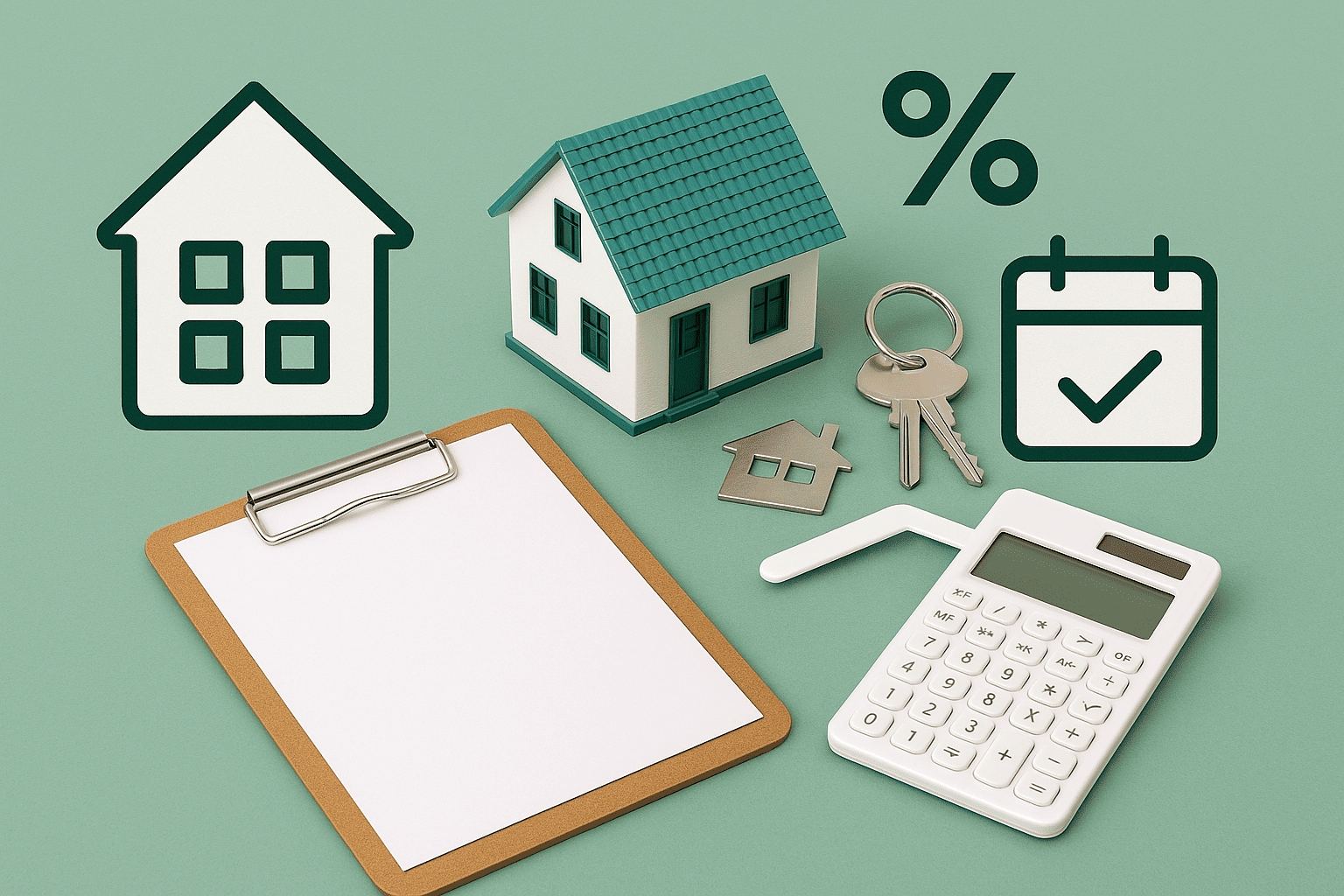
Buying a home usually means you will need a mortgage. Before you can place an offer or sign a purchase agreement, you need to know:
- How much you can borrow.
- What financial schemes or loans you may qualify for.
- What conditions you can include to protect your purchase.
Below, we briefly explain the key terms and conditions. To read more about each topic, click on the underlined terms.
Loan amount and required declarations
Before making an offer, it is important to know your maximum borrowing capacity. In some cases, you also need a declaration to show beforehand that you can finance the property.
Loan amount
The loan amount is the maximum you can borrow based on your income, monthly expenses, debts, and other financial factors.
Mortgage statement
The mortgage statement, also known as a financing declaration, is a document provided by your mortgage advisor or bank. It confirms that you can finance the property under certain conditions. This document is often required when signing the purchase agreement.
Purchase schemes and guarantees
There are several financial tools and support schemes that can help you buy a home. This is mostly useful for people who are buying their first home.
National Mortgage Guarantee (NHG)
The NHG (Nationale Hypotheek Garantie) is a safety net that protects you in case of financial issues. It also has lower interest rates.
Starter loan
A starter loan is an extra loan you can apply for through your municipality. It helps bridge the gap between the home's purchase price and the maximum amount you can borrow.Note: Not all municipalities offer this option.
SVn (Stimuleringsfonds Volkshuisvesting)
SVn is the organization behind the starter loan and other local government schemes. This organization prioritizes the public interest over making profit.
Financing conditions in the purchase agreement
To protect yourself when buying a home, you can include financing conditions in your purchase agreement. These give you time to finalize your mortgage. It also offers you a legal way out if the financing does not come through.
NHG clause
An NHG clause states that the purchase is only valid if you can secure a mortgage with NHG within the agreed period.
Financing clause
The financing clause is the most commonly used. It allows you to cancel the purchase if you are unable to secure a mortgage within the period you agreed upon.